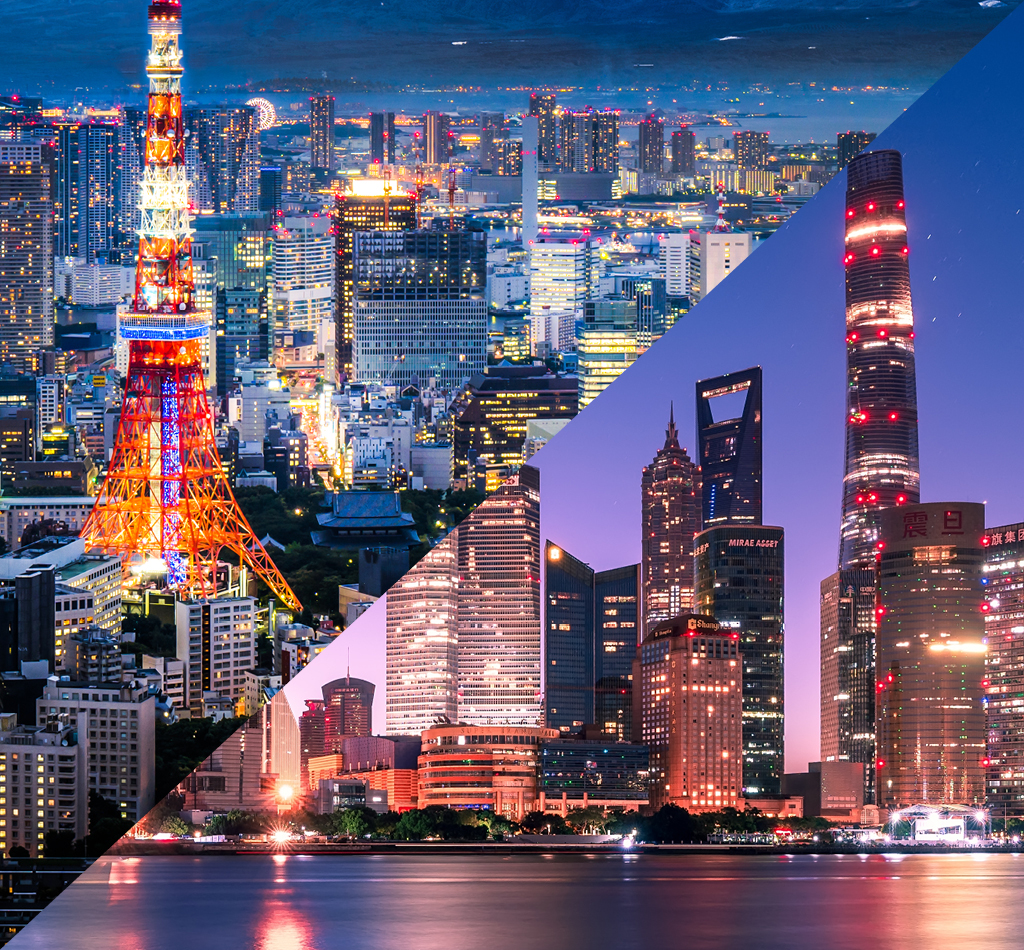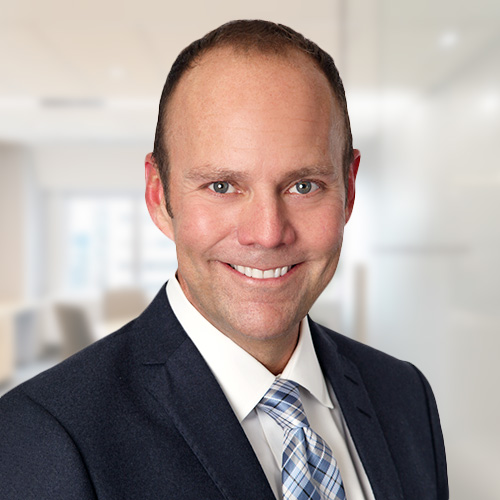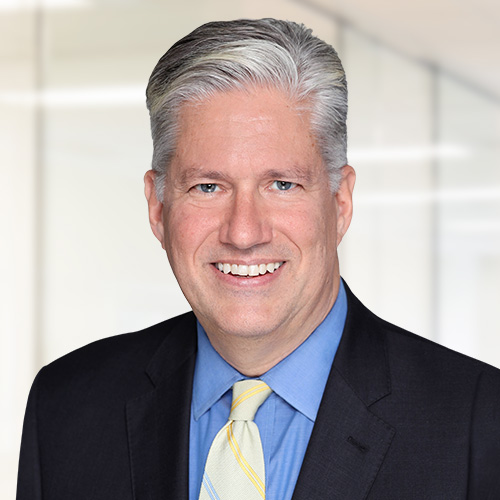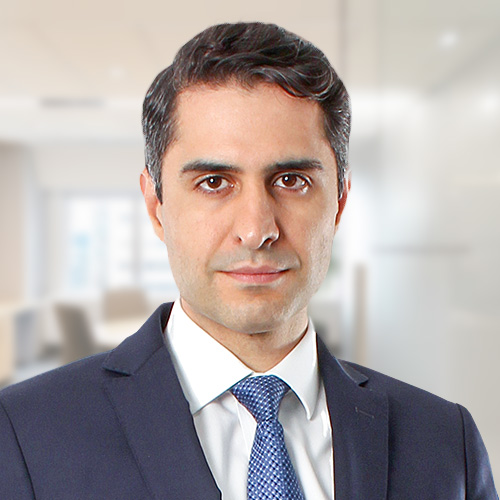Commentary
Halloween Special – The Waste Buster – Daseiki
October 28, 2021
New mandatory climate-related disclosure rules are on the horizon. The European Commission is conducting a review of its rules on non-financial disclosure, which covers climate risk reporting.[1] Last year, the UK said it would begin requiring certain companies to include emissions and climate risk information in annual reports by 2025, in accordance with the Task Force on Climate-Related Financial Disclosures (TCFD) framework. Both the United States (US) Securities and Exchange Commission and the Canadian Securities Administrators are also working on new reporting requirements. Currently, only high emitters of greenhouse gases in the US and Canada are required to report emission data. However, the requirement scope is expected to expand.
Recently in Japan, a new initiative from the Financial Services Agency (FSA) was announced, making it mandatory for about 4,000 companies (including those listed on the Tokyo Stock Exchange) to report their greenhouse gas emissions, and make other climate-related disclosures, effective April 2022. The FSA will require companies to make disclosures in accordance with the TCFD framework, which is structured around four thematic areas: governance, strategy, risk management, and metrics and targets.
In April 2019, Global Alpha became a supporter of the TCFD. We are committed to disclosing our approach to identifying, assessing, and managing climate-related risk in our investments on behalf of our clients. On the Global Alpha website, we published our TCFD-aligned report. There are also quarterly Climate Impact Assessment reports on our Global and International Small Cap strategies.
In previous commentaries, we have highlighted many holdings that are having a positive impact on carbon neutrality, such as Iwatani (8088 JP), Hexagon Composites (HEX NO), Clean Energy Fuels (CLNE US), Ormat (ORA IT), Biffa (BIFF LN), Aurubis (NDA GY), Primo Water (PRMW US), and Innergex Renewable Energy (INE CN), etc. This week, we are profiling Daiseki Co., Ltd., a new addition to the international small cap strategy that benefits from the upcoming new mandatory climate-related disclosure rules, as it can help industrial companies mitigate climate impact significantly.
Daiseki Co., Ltd. (9793 JP)
Business Overview
Founded in 1945, Daiseki is the largest processor of liquid industrial waste in Japan. The company mainly treats and recycles waste oil, waste water, and sludge. Its facilities are nationwide, serving about 6,500 corporate customers, and many of their customers are in the automobile, electronics, machinery, and chemicals industries.
Simple incineration of one ton of waste oil produces 2,920 kg of CO2, but this can be reduced by 99% to 31.3 kg by recycling it as heavy oil. Through the oil-water separator and fuel conversion treatment, Daiseki reduced CO2 by 102,000 tons in fiscal year 2021/2. Similarly, the simple incineration of one ton of waste solvent generates 1,491 kg of CO2, but by recycling it as supplemental fuel, the emissions can be reduced by 99% to 3.7 kg. The company reduced CO2 emissions by 437,000 tons by recycling waste solvent in fiscal year 2021/2. The total reduction of 539,000 tons of CO2 is equivalent to emissions from 190,000 households in one year.
Target Market
- Demand for industrial waste management has been increasing due to Japan’s 2050 carbon neutral initiatives. High greenhouse gas emitters prefer recycling to incineration, and there is also a higher demand for recycled fuels to replace coal or crude oil.
- The liquid industrial waste market in Japan is very fragmented with many regional players. Daiseki is number one with a 10% market share. The number two has a 3% market share.
Competitive Advantages
- The largest liquid industrial waste treatment company in Japan and the only one with a national network.
- Superior technologies (chemical and biological) in both waste-to-energy and recycling areas.
- It has a high recycling rate of about 90%.
- High entry barriers due to license, land, and equipment requirements. Obtaining licenses can take 2-3 years or longer for specific treatment types and types of services offered. Land and equipment require capital outlays, which can be significant.
- Solid balance sheet: net cash.
- Strong relationship with customers.
Growth Strategy
- Distribution: expanding to more regions.
- Adjacent businesses: treatment of copper and nickel, soil pollution.
- New business: waste plasterboard recycling, pipe cleaning, and tank cleaning.
ESG
- Daiseki has very comprehensive ESG reporting and has identified five priority areas: environment, people, safety, communities and society, and compliance, which are in line with the United Nations Sustainable Development Goals (SDGs).
- Stable management team: Chairman Hiroyuki Ito is the son of the founder. President Hideki Hashira has been with the company since 1990. Insiders own 10% of the company.
- Regarding governance, Daiseki not only meets the requirements of the Tokyo Stock Exchange, but also meets more stringent requirements set by Global Alpha. For example, it has over one-third of board directors as independent, separate board Chair and CEO, and one female board director. Daiseki is a member of the MSCI Japan Empowering Women Index.
[1] https://www.ft.com/content/77a8292d-2e7f-43a1-9062-2e639c1e6b2a







